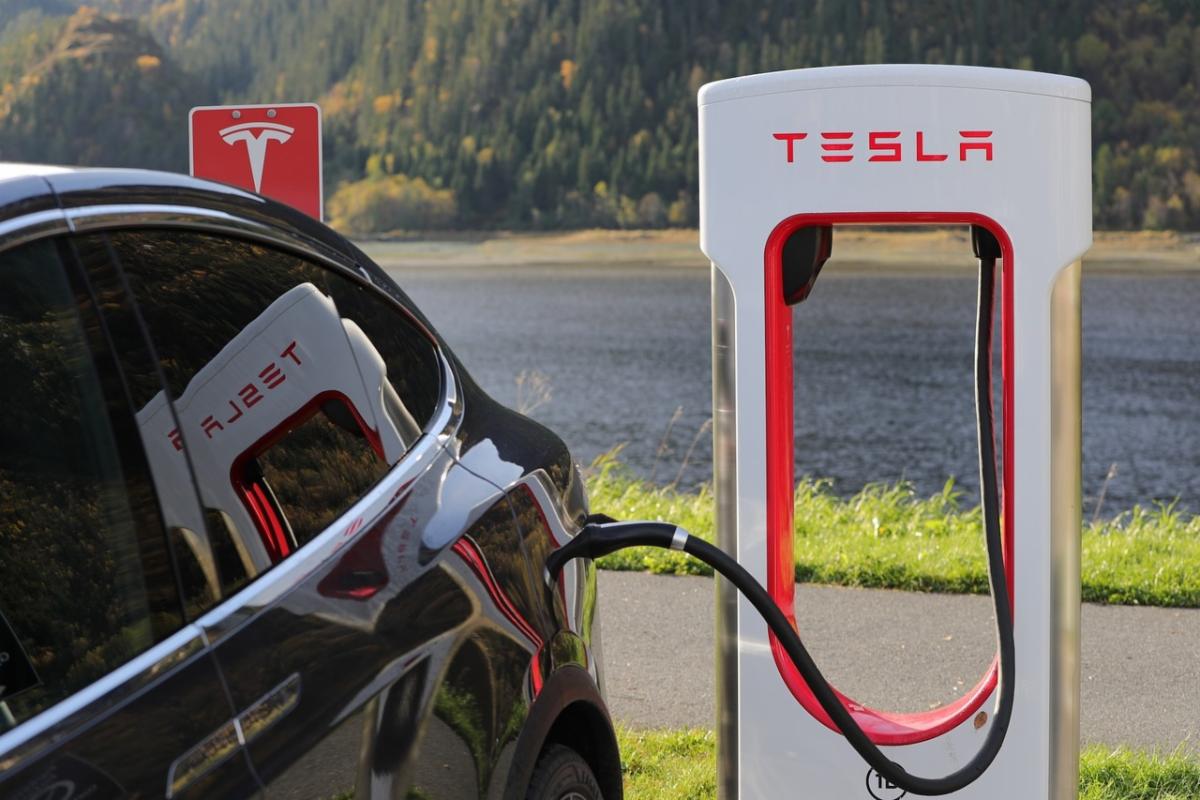
January 3, 2025
By Lane Kimble
The newest contributor to growing the state’s transportation fund kicked into gear this week.
The 3-cent per kilowatt hour tax on public electric vehicle chargers, which began Jan. 1, likely won’t generate much money in its first few years but should grow as more people buy EVs.
The tax applies to chargers at places such as gas stations, stores, and hotels. Chargers in people’s homes are not subject to the tax. The Department of Revenue predicts the tax will generate about $3.3 million in 2025 and $3.8 million in 2026, Wisconsin Public Radio reports.
“It will help ensure continued funding for road repairs and construction as Wisconsin drivers increasingly make the switch to electric vehicles, while creating a more equitable system in which all drivers contribute to road maintenance costs,” DOR Secretary Designee David Casey said in the agency’s news release.
EV owners pay $175 extra to register their cars each year, helping make up for the fact they don’t contribute to the transportation fund’s largest revenue stream: the gas tax.
The gas tax generated around $1.1 billion last year.
“I’m not concerned about this tax,” one EV driver told WPR. “I think it’s our duty to figure out ways that if we’re going to continue to switch Americans to driving electric vehicles, we need to make sure we’re still supporting our infrastructure in the way we need to.”
The state awarded $23 million in grants last May to build 53 EV chargers along key interstates and highways across Wisconsin. Another round of funding will be announced in mid-2025.
